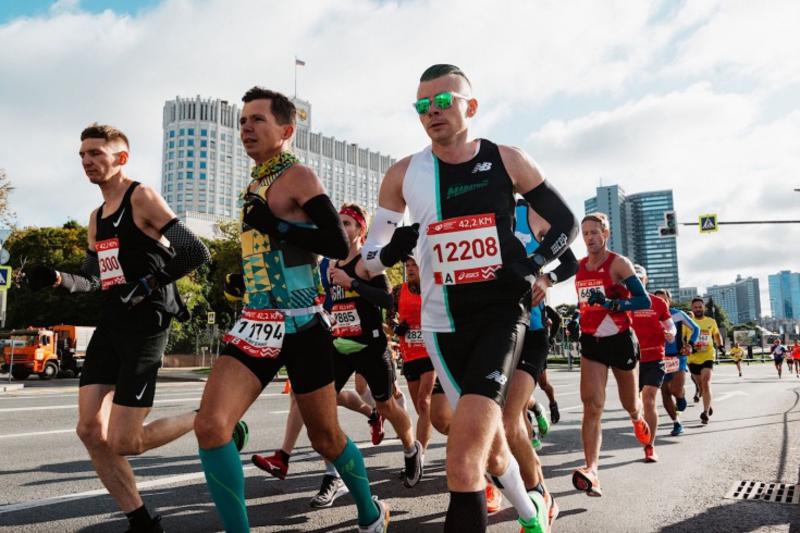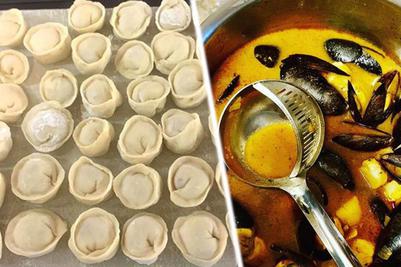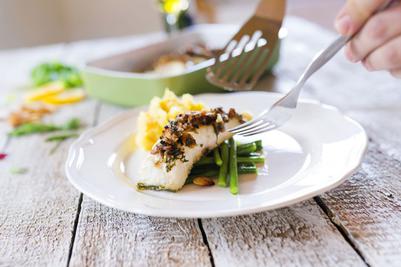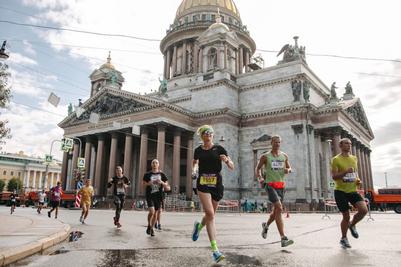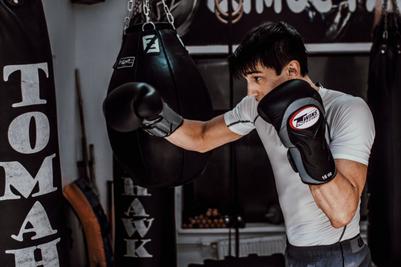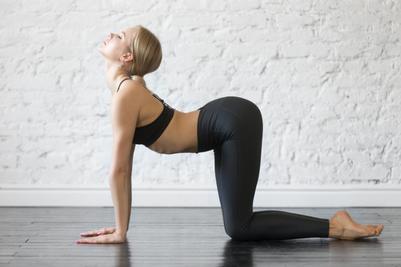These tips will help you win about 10 minutes to the result at the Moscow Marathon.
Already this Sunday, a long–awaited event will take place - the Moscow Marathon. We hope that all the runners have already prepared well and are determined to give their all. But we know that many people are very worried now, especially those for whom such a distance will be the first. Try to calm down and read some tips from an ultramarathoner that will help you pass these 42.2 km without trouble and with excellent results.

Alexander Elkonin
ultramarathoner, founder and coach of the ERA running club
Two days — and even two weeks – before the marathon, it's too late to give advice on "what to do." But you can also figure out what you shouldn't do before the marathon. It is especially important to find out about this for those who run a marathon for the first time and have a chance to avoid the mistakes that their predecessors made. Here are 11 things that should not be allowed before the race in any case.
Train
Yes, it is training, high-speed and long–term - they should have been done a month ago. And two weeks before the start, the so—called "taper" comes - a period when all serious "work" has already been done and it is necessary to give the body time to recover. You can run, but in the "tease legs" mode. The duration of the "taper" is from one to two weeks, depending on the individuality of the organism. But two days before the marathon, the maximum that you can afford is several (up to six) short (up to 200 m) accelerations at the pace of the marathon. It is better to spend the day before the marathon lying down or sitting – your legs will be useful to you at the start.
Don't sleep
The best thing you can do in the week before the marathon is to get enough sleep. Some are so worried that they can't sleep at night before the start. But you should get a full night's sleep at least five nights before.
Put on new clothes and shoes at the start
There is a great temptation to come to the marathon expo, buy beautiful sneakers and T-shirts and run in them tomorrow. And at the 15th kilometer of the marathon to find, for example, that the T-shirt rubs, and the insole comes out of the new sneakers on the run (this is what happened to Eliud Kipchoge at the Berlin Marathon in 2015). You can buy sneakers at the expo, but do not forget that you need to add another 1.5 to your usual size, since when running, the foot constantly slides the sneakers forward. If there is no space in it, you will be left without nails. And before the marathon, run at least 30-40 km in them – that is, postpone it for the next marathon (see point 1).
There is something unusual
It is especially dangerous to come to a marathon in another city and indulge in gastronomic adventures. How will your body react to the new food? It is better not to try to find out on the eve of the marathon – there is a risk of not going to the start at all. On the eve of the race, it is better to avoid proteins and fiber – that is, meat, which is slowly digested, and vegetables, which accelerate peristalsis. What remains? Carbohydrates: buns, pasta, rice.
Especially desperate marathon runners follow a marathon diet: from Monday to Wednesday they eat only proteins, from Thursday to Saturday – only carbohydrates. If you don't run a marathon of three hours, such a diet will add little to you. But if you eat proven pasta and rice without exotic additives for the last two days before the start, you will not lose time in the "blue booth" on the marathon track and accumulate some glycogen.
And, of course, the most important meal is in the morning on the day of the marathon. We recommend that you eat a portion of oatmeal on water, with jam or chocolate, and drink tea three hours before the start. And avoid coffee and bananas. Why? Test them on a long (35+ km) workout – you will understand.
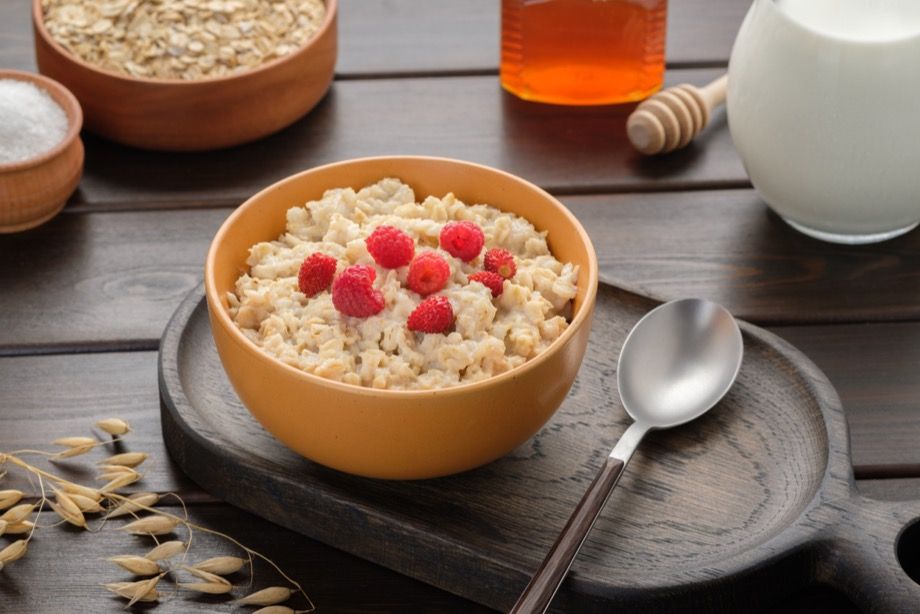
Try anything new at the race
Any gels, salt tablets, isotonics and even a warming ointment or sunglasses must be tested during training. The new gel can make you sick, the ointment can burn or cause allergies, the glasses can slip and infuriate, so you just throw them away at the 30th kilometer.
Drink alcohol
A marathon is a serious strain on the heart and blood vessels. Death at the marathon is most often caused by heart problems. Therefore, at least two weeks before the start, give up any alcohol.
Come to the start end-to-end
Ideally, arrive at the start in 1.5 hours, visit the "blue booth", put things in the wardrobe, do a warm-up (1-2 km light jogging + special running exercises + short accelerations), visit the "blue booth" again. If you arrive 10 minutes before the start, there is a risk of starting not in your cluster, but in a slower one, and for the first half hour you wade through a crowd of people running at a different pace.
Overcooling or overheating
The general rule: to dress for running should be as if 10 degrees were added to the temperature on the thermometer. The ideal temperature for marathon running is 15 degrees Celsius. With her, you can run in a short (shorts and a T–shirt) and not waste energy on heating or cooling the body - this means that all of it will go on a run. That is why records at the marathon are set in spring and autumn, plus 15. If it's warmer on the day of your marathon, try to run in the shade, if there is one, be sure to put on a cap and pour water on yourself to cool down. If the morning on the day of the race is perfect plus 15, try not to freeze before the start. An hour may pass between the time you put things in the wardrobe and ran. In order not to freeze, bring an old jacket and pants with you to live in them for this hour and then throw them in the trash. Or you can make holes in a large plastic bag and use it as a dress, and then throw it away too.
Allow dehydration
If you feel thirsty while running, it's too late, you're already dehydrated. Therefore, be sure to drink at least a sip of water or isotonic at each food point – that is, once every 5 km. In 2017, a 35-year-old man died at the Baikal Ice Marathon: it was cold, the athlete did not feel thirsty, did not drink and died of blood clotting and cardiac arrest.
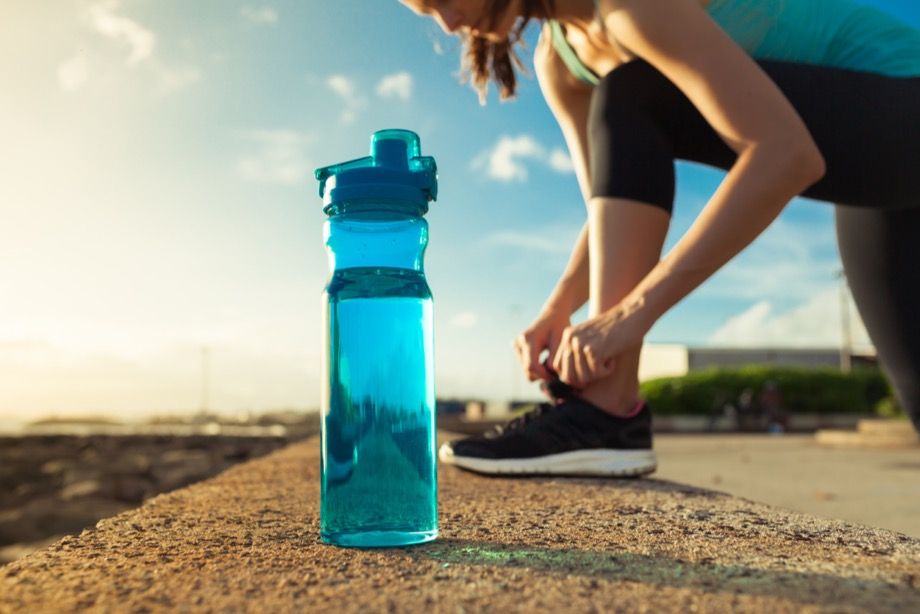
Don't eat during the race
Glycogen is the energy that our muscles consume while running. Without additional food, you can run 10 km or a half marathon, but you need to eat at a marathon. According to the schedule. Even if you don't want to. On the gels (this is a special food for runners – it looks like jam in a tube), they write how often they need to be consumed (usually one gel in 45 minutes). Bananas, oranges, and bread are offered at food outlets. In any case, before the marathon, you had to run a long workout (30 + km) and test your body – what kind of food it takes after the 30th kilometer. Once again — you can't eat anything new at the marathon!
Starting too fast
A proven way to get off at a marathon: in euphoria, rush from the start and after 25 km realize that there is no strength – to rest against the "marathon wall". Ideally, you need to run 42 km at a constant speed, but how to determine it if this is your first marathon? There are tables on the Internet that predict the time at the marathon depending on your time at 10 or 21 km. Calculate your expected time, find the appropriate pacemaker (a person with a flag or a ball, runs the entire marathon at the same pace) and do not overtake him, even if you have excess energy for the first 10 km. At the 30th kilometer, it will become significantly smaller.
In general, with the help of our tips, you can win 10 minutes to the result and definitely finish. Good luck on the marathon, and take care of yourself!
Source: championat
Follow us on в Telegram
